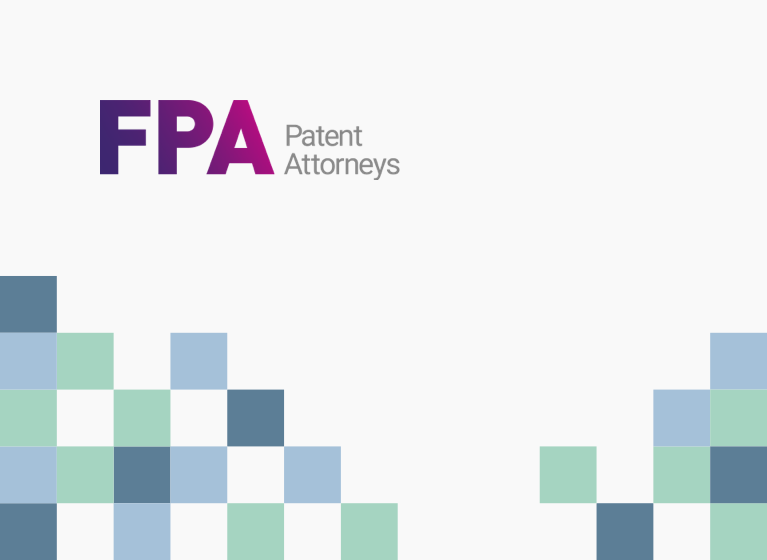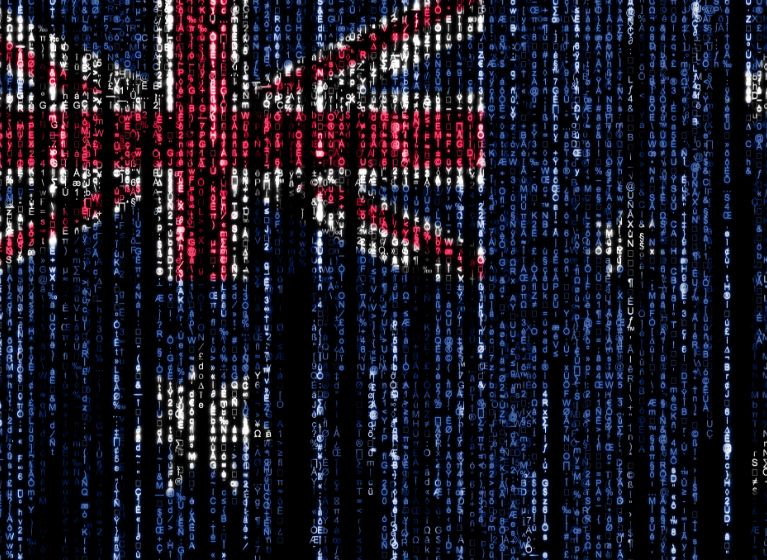FPA Patent AttorneysNews & Insights
Distinguished, insightful and focused
Read the latest articles by our patent attorneys on recent developments in patent law and practice.

 Insights — 12 January 2026
Insights — 12 January 2026
Are the Australian government grants an indication of ‘hot topic’ areas for technical innovation?
 Insights — 18 November 2025
Insights — 18 November 2025
Has Aristocrat changed the subject matter eligibility landscape? The Patent Office says yes. And no.
Firm announcements
Read the latest news from FPA: promotions, hires, awards and recognitions.
 Firm Announcements — 1 December 2025
Firm Announcements — 1 December 2025
FPA Patent Attorneys welcomes a new principal in our Singapore office
 Firm Announcements — 8 July 2025
Firm Announcements — 8 July 2025
FPA Patent Attorneys recognises excellence with four attorney promotions
 Firm Announcements — 12 June 2025
Firm Announcements — 12 June 2025

